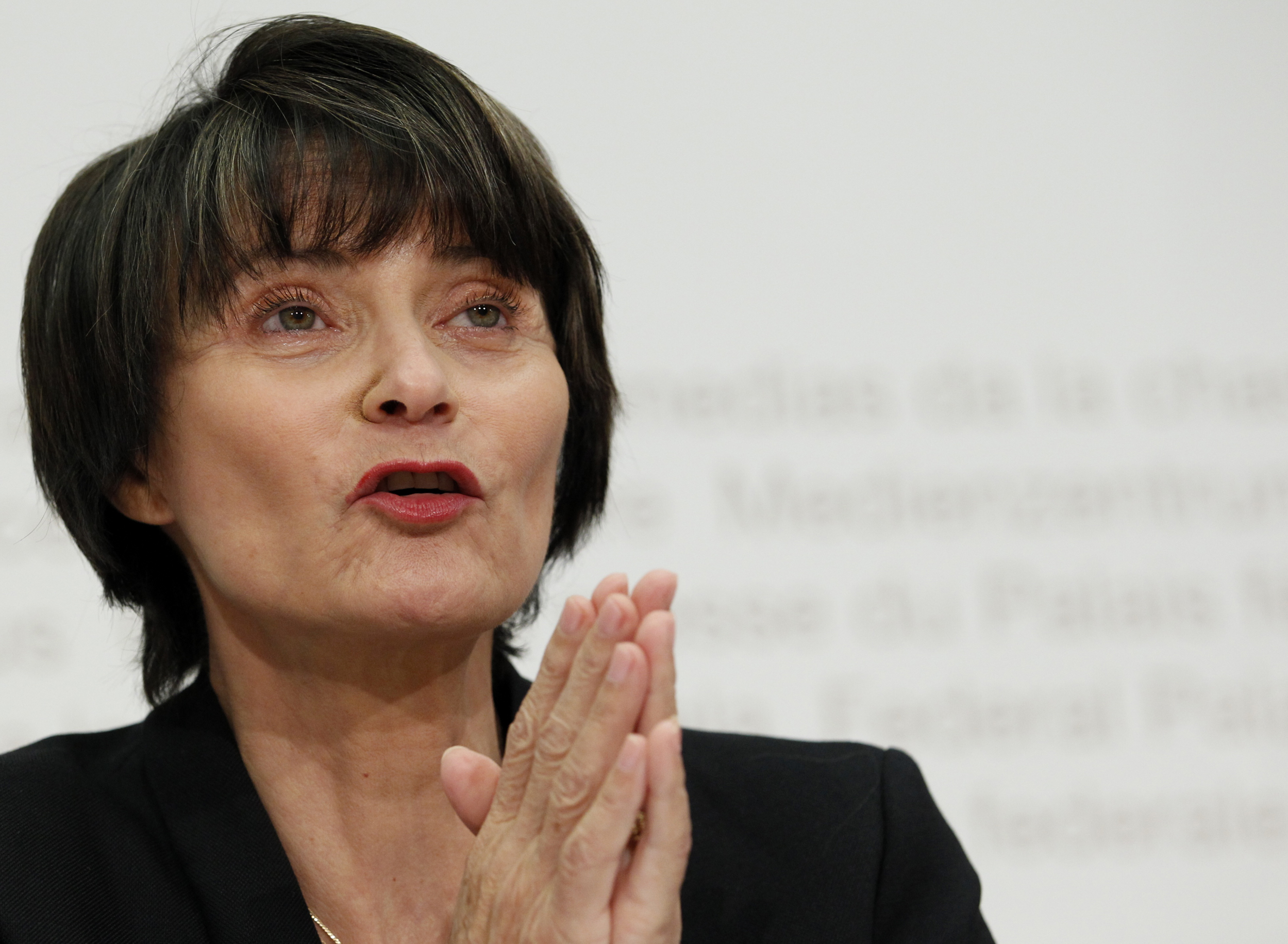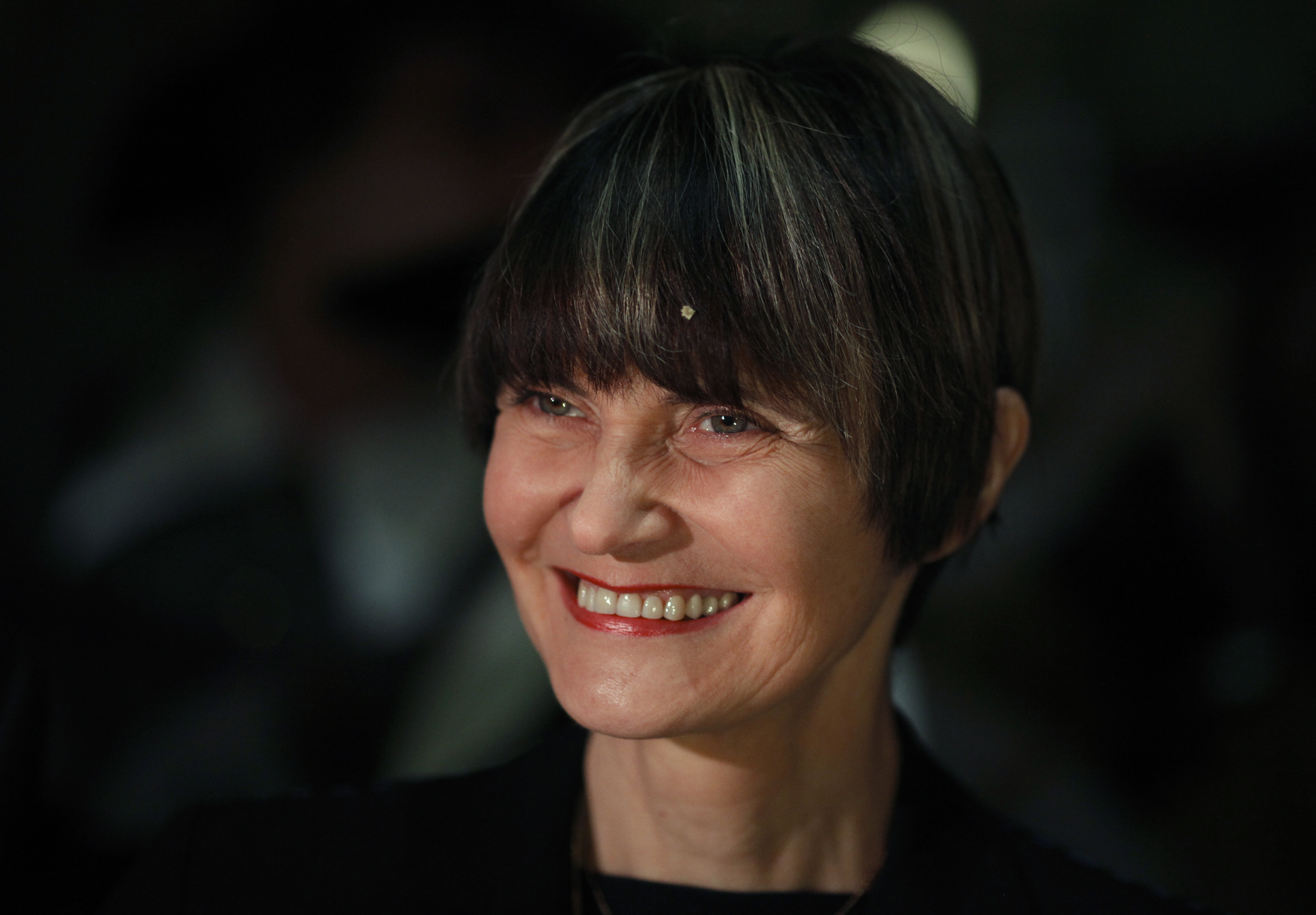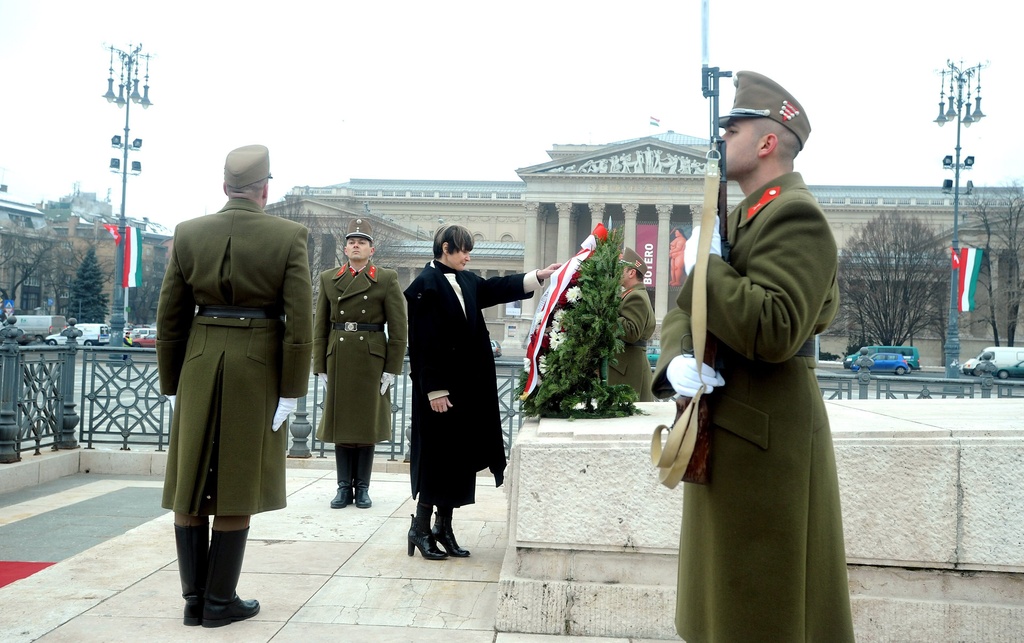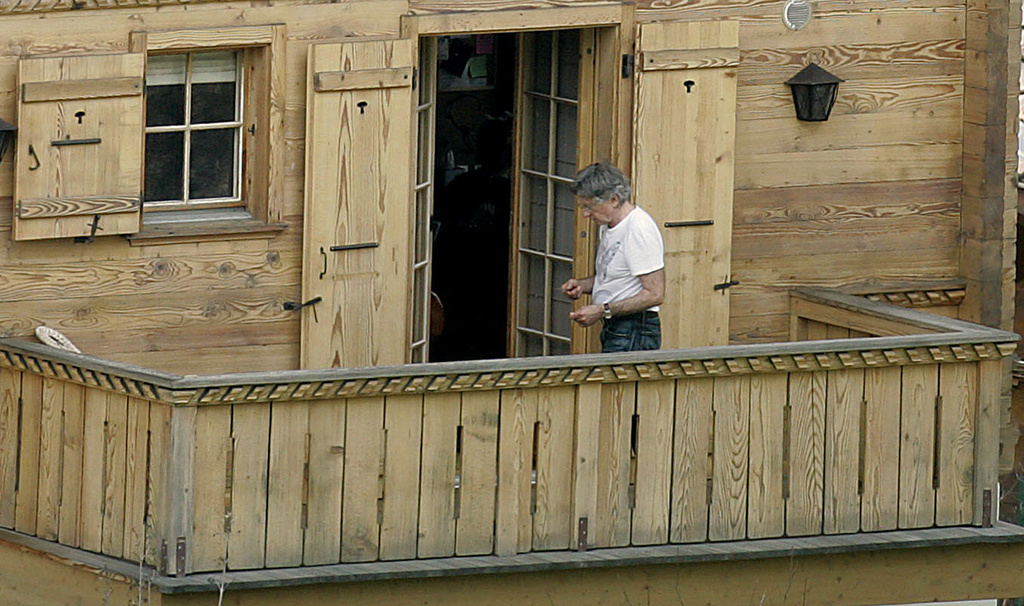
Long-standing Swiss foreign minister resigns

Foreign Minister Micheline Calmy-Rey has officially announced her resignation, effective in December.
During her nine years in government, Calmy-Rey’s style and actions have often drawn criticism, but Swiss diplomacy has gained in international visibility.
The 66-year-old, who also holds the rotating post as Swiss president this year, said she would not put herself up for re-election in December.
Wednesday’s move had been subject to intense media speculation.
“I gave my best for the country. I focused on bilateral relations with the European Union, the strengthening of ties with countries outside Europe through strategic partnerships and positioning Switzerland as a mediator on the international stage,” she told a news conference.
She said she was particularly proud of the role of Switzerland in the Human Rights Council.
Calmy-Rey said it was in the interest of Switzerland to increase its visibility in a global context.
However, she added that there was no consensus in Switzerland about the country’s foreign policy and rejected criticism that her diplomacy activities were mere public relations.
Her resignation comes just under 50 days before parliamentary elections on October 23 and is likely to boost the campaign of her centre-left Social Democratic Party.
Calmy-Rey is the fifth cabinet minister to step down within the four-year term of the current government which runs out in December.
Active neutrality
Observers say two characteristics marked her time in government: her openness to the world as head of the foreign ministry and a dogged and tough attitude, which helped her to achieve her goals.
Calmy-Rey was not an easy personality to get along with. The first woman to head the foreign ministry, she shook up the diplomatic corps, used for years to the low-key leadership style of her predecessor Joseph Deiss.
Demanding, controlling and at times impulsive, the foreign minister did not always use the most diplomatic tone in dealing with her staff. Some revived the nickname “Cruella”, which had stuck to her in Geneva when she was head of finance there.
Her aim was clearly not to win plaudits from within the ministry, but to raise Switzerland’s profile on the international stage. Dynamic and hardworking, Calmy-Rey made a concentrated effort to revive the policy of “active neutrality” adopted by Switzerland in the early years of the Cold War.
On March 20, 2003 she became the first minister of a foreign country to walk across the demarcation line between the two Koreas, and she went on to Pyongyang for talks with the North Korean leadership.
Also in 2003, she actively supported the “Geneva Initiative”, an unofficial peace plan which aimed to reopen dialogue between the Israelis and the Palestinians. In the years that followed, she promoted the creation of an international Human Rights Council, conceived as a more effective instrument to monitor conformity with the principles promulgated by the United Nations.
In 2006, in the name of the Geneva Conventions, she openly denounced Israeli bombing in Lebanon, terming it “disproportionate”, and called for respect for humanitarian law.
Her intervention drew criticism from the Israeli side, but also praise in Switzerland and elsewhere. This was a new tone for Swiss diplomacy, which up till then had taken a softly-softly approach so as to avoid confrontation.
Public diplomacy
The only woman in government for a further two years, Calmy-Rey was regularly placed at the top of the list of most highly-regarded politicians in opinion polls. Her popularity reached a peak in 2007, when for the first time she took over the national presidency.
Calmy-Rey carefully cultivated her image. Too much, in fact, according to her opponents, who accused her of promoting “public diplomacy” mainly to enhance her own visibility.
The speedy recognition of Kosovo, which some found precipitate, her appearance in Tehran wearing a veil, the failed attempts to mediate in Colombia, the management of the crisis with Libya – 2008 was a bad year for the foreign minister. But it was a bad year for Swiss foreign relations generally, confronted with an international offensive over banking secrecy.
What irritated fellow-politicians most of all was the “Calmy-Rey style” – in other words, her personality. For her detractors, she showed mulish stubbornness even when the battle was already lost.
She regularly faced calls by her critics on the right to quit her job as minister: they said she had only accumulated failures, from the Geneva Initiative to the Libyan crisis; she had only aroused hostility to Switzerland, from Israel to the United States, and she had neglected relations with Switzerland’s European partners.

More
Government, ministers, president
A more visible foreign policy
Combative to the last, the minister resisted the attacks and benefited from the fact that other ministers ended up in the political and media firing line.
But Calmy-Rey continued to arouse hostility. In December 2010 she was re-elected president with only 106 votes in parliament. This was the poorest showing for any Swiss president since 1919.
But there seems to be broad agreement that she has enjoyed a successful presidency in 2011 and can leave office on a high note.
In spite of being apparently no longer popular with people or parliament, she has continued doggedly with her task of advancing the interests of the country abroad.
As far as her record as foreign minister is concerned, even some of her opponents recognise that Calmy-Rey has worked tirelessly during her nine years in government to defend human rights and the Geneva Conventions.
Experts say she has succeeded in reviving a Swiss tradition of conflict mediation which had declined after the Cold War. She also gave Swiss diplomacy a more active role in international organisations. Above all, she made the small country of Switzerland more visible on the world stage.
Micheline Calmy-Rey has been on the winning side of all referendum votes on foreign policy held during the nine years she has been minister of foreign affairs:
June 5, 2005: the people approves with a 54.6% majority the proposal that Switzerland sign up to the Schengen/Dublin accords.
September 25, 2005: 56% of voters say yes to the extension of the agreement on the free movement of people to the ten new member states of the European Union.
November 26, 2006: a contribution of SFr1 billion, intended to foster development and democratisation of eastern European states, is approved by 53.4% of voters.
February 8, 2009: 59.6% of citizens are in favour of the extension of the agreement on the free movement of people to Bulgaria and Romania.
May 17, 2009: the introduction of the biometric passport, in keeping with the standards required by the Schengen agreement, is supported by 50.1% of voters.
1945:
Born on July 8 in she lives in canton Valais till the age of 19.
1968:
graduates in political science from Geneva University.
1974:
joins the Geneva Social Democratic Party and works till 1997 managing the family book distribution business.
1981–97:
member of the cantonal parliament of Geneva.
1986–90 and 93–97:
president of the Geneva Social Democratic Party.
1997–2002:
member of the Geneva cantonal government.
2003–11:
Swiss foreign minister.
2007 and 2011:
president of Switzerland.

In compliance with the JTI standards
More: SWI swissinfo.ch certified by the Journalism Trust Initiative







































You can find an overview of ongoing debates with our journalists here . Please join us!
If you want to start a conversation about a topic raised in this article or want to report factual errors, email us at english@swissinfo.ch.